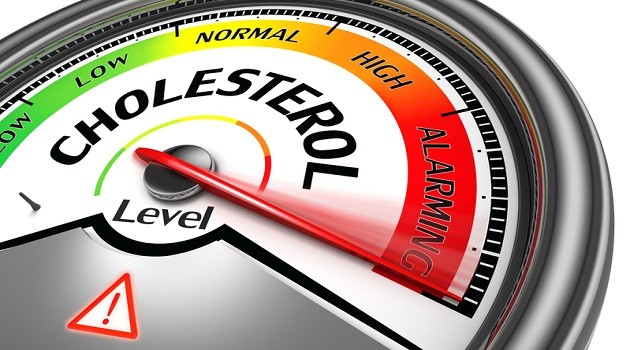Most of us don’t care about the cholesterol level. There are things that we must know when the cholesterol level is too high. Check out the article we found at Articles Mercola.
Cholesterol Is Important for Health
Cholesterol, a soft, waxy substance, is found not only in your bloodstream but also in every cell in your body, where it helps to produce cell membranes, hormones (including the sex hormones testosterone, progesterone, and estrogen), and bile acids that help you digest fat.
It’s also important for the production of vitamin D, which is vital for optimal health. When sunlight strikes your bare skin, the cholesterol in your skin is converted into vitamin D. It also serves as insulation for your nerve cells.
Cholesterol is also important for brain health, and helps with the formation of your memories. Low levels of HDL cholesterol has been linked to memory loss andAlzheimer’s disease, and may also increase your risk of depression, stroke, violent behavior, and suicide.
Total Cholesterol Tells You Virtually Nothing About Your Health Risk
Your liver makes about three-quarters or more of your body’s cholesterol, which can be divided into two types:
- High-density lipoprotein or HDL: This is known as the “good” cholesterol, which may actually help prevent heart disease.
- Low-density lipoprotein or LDL: This “bad” cholesterol circulates in your blood and, according to conventional thinking, may build up in your arteries, forming plaque that makes your arteries narrow and less flexible (atherosclerosis). If a clot forms in one of these narrowed arteries leading to your heart or brain, a heart attack or stroke may result.
The division into HDL and LDL is based on how the cholesterol combines with protein particles. LDL and HDL are lipoproteins — fats combined with proteins. Cholesterol is fat-soluble, and blood is mostly water. For it to be transported in your blood, cholesterol needs to be carried by a lipoprotein, which are classified by density.
Large LDL particles are not harmful. Only small dense LDL particles can potentially be a problem, as they can squeeze through the lining of your arteries. If they oxidize, they can cause damage and inflammation.
Dig Deeper into Your Risk Factors…
Fortunately, once you know about particle size numbers, you can take control of your health and either ask your doctor for this test, or order it yourself. Kresser recommends using the NMR LipoProfile. All major labs offer it, including LabCorp and Quest. As noted by Dr. Lipman, if your doctor tells you your cholesterol is too high based on the standard lipid profile, getting a more complete picture is important—especially if you have a family history of heart disease or other risk factors.
Be Very Wary of Pro-Statin Studies
Most pro-statin studies are sponsored by the drug manufacturers, which will typically skew results in their favor. Worse yet, conflicts of interest have become more of the norm than the exception when guidelines are created. For example, the revised and highly controversial cholesterol-treatment guidelines issued by the American Heart Association (AHA) and the American College of Cardiology (ACC) in 2013 were created by a number of individuals who had conflicting interests.
Next Article: A Combination That Can Help Prevent Heart Attacks, Lowers Cholesterol And Boosts Your Immune system
Read Full Article: 7 Factors to Consider if You’re Told Your Cholesterol Is Too High







Recent Comments